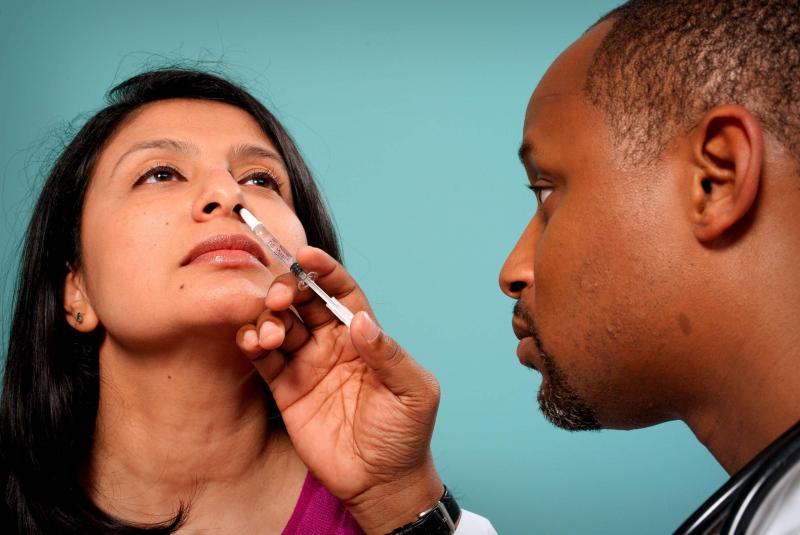Introduction
Vaccination has been one of the most effective tools in combating infectious diseases and safeguarding public health. Traditionally, vaccines have been administered via injection, but recent advancements have opened up a new frontier in immunization: nasal vaccines. Nasal vaccines offer a non-invasive and potentially more effective alternative for certain diseases. In this blog, we'll explore what nasal vaccines are, how they work, their advantages, and the diseases they target.
What are Nasal Vaccines?
Nasal vaccines, also known as intranasal vaccines, are a type of vaccine that is delivered through the nasal mucosa rather than being injected into the muscle or under the skin. They are designed to stimulate the immune system in the same way as traditional vaccines but offer unique benefits due to their delivery method.
How Do Nasal Vaccines Work?
Nasal vaccines utilize the body's first line of defense against pathogens: the mucous membranes in the nasal passages. The vaccine is administered as a nasal spray, and the active components in the vaccine come into direct contact with the immune cells in the mucosa. These immune cells recognize the antigens present in the vaccine and trigger an immune response. The immune system then produces antibodies and memory cells, preparing the body to respond swiftly if exposed to the actual pathogen in the future.
Advantages of Nasal Vaccines
-
Non-Invasive Administration: Nasal vaccines are administered through a painless and non-invasive nasal spray, making them more appealing to individuals who fear needles or injections.
-
Stimulation of Local Immunity: Nasal vaccines stimulate mucosal immunity in the respiratory tract, which can be vital in preventing respiratory infections, as it is the primary entry point for many pathogens.
-
Potential for Enhanced Protection: The nasal mucosa contains abundant immune cells, allowing for a more robust immune response, especially against respiratory pathogens.
-
No Need for Needles: By eliminating the need for needles and syringes, nasal vaccines could make vaccine administration quicker, easier, and potentially more accessible, particularly in mass vaccination campaigns.
Diseases Targeted by Nasal Vaccines
While traditional injectable vaccines have been successful in preventing many diseases, nasal vaccines show promise in targeting certain infections, particularly respiratory diseases. Some of the diseases that have been targeted by nasal vaccines include:
-
Influenza (Flu): Nasal flu vaccines have been developed as an alternative to the standard flu shot and have shown comparable efficacy, especially in children.
-
Respiratory Syncytial Virus (RSV): Nasal RSV vaccines are being researched as a potential means to protect infants and young children from this common and sometimes severe respiratory infection.
-
COVID-19: During the COVID-19 pandemic, researchers explored the development of nasal COVID-19 vaccines as an additional approach to immunization against the virus.
Challenges and Future Prospects
While nasal vaccines hold great promise, there are some challenges to overcome. Ensuring proper dosing and delivery to achieve consistent and reliable immune responses is essential. Additionally, not all diseases can be effectively targeted through nasal vaccination, as some pathogens may not elicit a strong mucosal immune response.
The future of nasal vaccines is promising, with ongoing research focusing on improving their efficacy, safety, and delivery methods. As science continues to advance, nasal vaccines may become a valuable addition to our immunization arsenal, providing protection against a broader range of infectious diseases and contributing to global health initiatives.
Conclusion
Nasal vaccines represent an exciting frontier in the world of immunization. Offering a non-invasive and potentially more effective method of delivery, they have the potential to expand our ability to protect against respiratory infections and other diseases. As researchers and healthcare professionals continue to explore and refine this approach, nasal vaccines may play a significant role in preventing infectious diseases, ultimately contributing to healthier communities worldwide.
